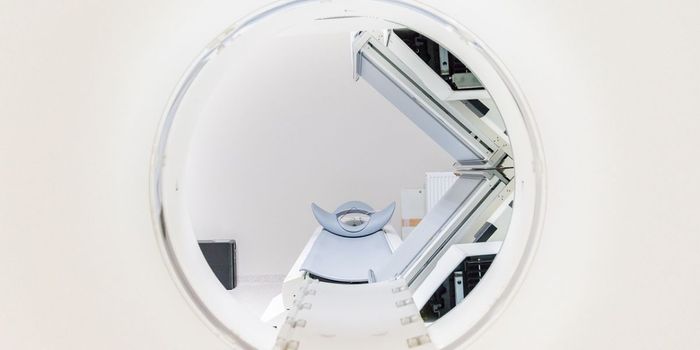We often hear that our overly busy, overly scheduled lives cause too much stress. Stress that is bad for our health, bad for our relationships and definitely bad for the brain. As it turns out, this level of busyness might actually be a good thing. What some would call being extremely busy, others would say is “highly engaged.” It’s not just words however. New research shows that busier people have better memory ability, better cognition and better reasoning skills.

Researchers at the University of Texas, Dallas, in the Center for Vital Longevity are using data and participants from the Dallas Lifespan Brain Study (DLBS) to assess the brain’s function in people who have very packed schedules as opposed to those who do not. The DLBS is studying the brain function of participants aged 20-90 and looking at the reality of what happens as the brain ages. Their guiding theory is STAC or Scaffolding Theory of Aging and Cognition, which suggests that as brain matter shrinks during the aging process, the neural network compensates and builds kind of a scaffolding around the brain, to maintain as much function as possible.
In the recent research on busyness, 330 healthy women and men between ages 50 and 89 from the DLBS were asked about their daily tasks and to-do lists and busyness levels were established based on several questions answered by the study participants. Sara Festini, a postdoctoral researcher at the Center for Vital Longevity of the University of Texas at Dallas and lead author of the study said in a press release, “We show that people who report greater levels of daily busyness tend to have better cognition, especially with regard to memory for recently learned information. Living a busy lifestyle appears beneficial for mental function, although additional experimental work is needed to determine if manipulations of busyness have the same effect.”
Participants in the study made several visits to the center to take part in multiple sessions of cognitive testing and interviews. After correlating the data of these tests and the level of busyness in the lives of the volunteers, the results showed that despite age or levels of education, a busier lifestyle is associated with superior processing speed of the brain. Also significant were the areas of working memory, reasoning, and vocabulary. Episodic memory, which is the brain’s ability to recall and communicate about a specific event in the past was the big winner, with the study showing that the busier someone was, the more accurate and comprehensive their episodic memory was.
The team stressed that the study results do not show a direct causal relationship between busy people and improved cognition. The results could mean that those who have better memory and mental sharpness tend to seek out more activities with which to fill their days. It could be learned behavior, where people see how their busy schedules seem to keep them on track mentally and so they stay busy, to stay sharp. The study was published in the journal Frontiers in Aging Neuroscience on May 17, 2016. Check out the video below to learn more about being busy and how it could keep you in the know.
Sources:
UT Dallas,
Dallas LifeSpan Brain Study









